-
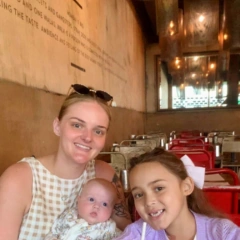
“We just want to show our appreciation and give a little bit back, because the support we’ve received has been overwhelming.”
Aaliyah Diagnosed with leukaemia -
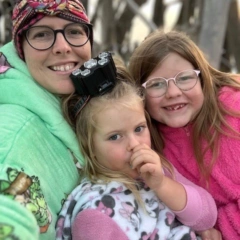
“I’d lost my brother to brain cancer seven years earlier. I couldn’t believe it was happening to me too.”
Emma Diagnosed with follicular lymphoma -
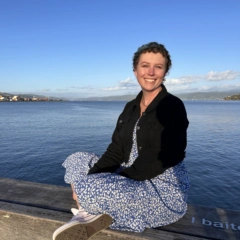
“Nicki from LBC has been with me from the very start. She’s been awesome.”
Jade Diagnosed with Hodgkin lymphoma -
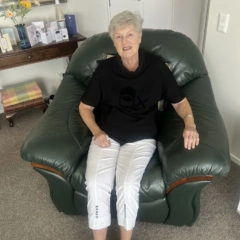
“It was splashed all over the paper, and I thought, ‘What’s all this fuss about?’ But it had been the biggest breakthrough in about 25 years, apparently. The best thing since sliced bread.”
Carol Diagnosed with chronic myeloid leukaemia (CML) -
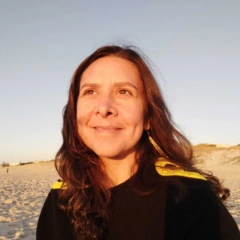
“I actually found out about my diagnosis by the GP sending me a photo of a letter to take with me to the hospital, saying ‘possible leukaemia’."
Evelyn Diagnosed with acute myeloid leukaemia (AML) -
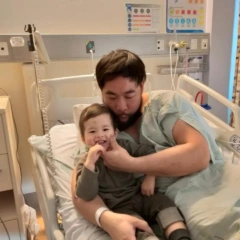
“Max didn’t understand why Daddy was gone for a week every couple of weeks.”
Kelvin Diagnosed with central nervous system lymphoma -
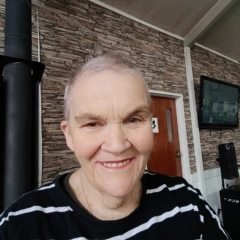
“I just burst into tears, and I said, ‘Really? This isn’t going to kill me?’ And she said, ‘Not if you don’t let it.’”
Ollie Diagnosed with diffuse large B-cell lymphoma -
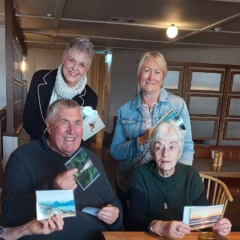
“You know what? From 2020 onwards I have very little written in my diary, because you just know that some days are good, and some days are not so good, and that’s it, really.”
Barbara Diagnosed with myeloma -
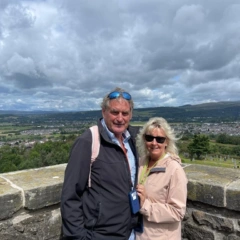
“After all that happened, the myeloma really started to take off. So my haematologist said it was time for us to do something. No argument.”
Peter Diagnosed with myeloma -
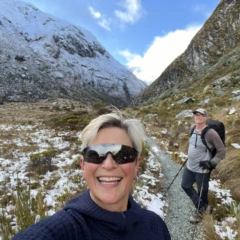
“I’m really grateful to finally find some other people out there with ET – you know, we’re rare, but we are out there!”
Juliet Diagnosed with essential thrombocythaemia -
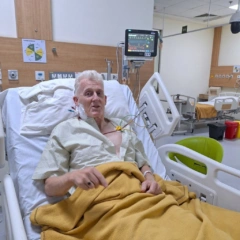
"My body weight plummeted until I was little more than a bag of skin and bones.”
Richard Diagnosed with follicular lymphoma -
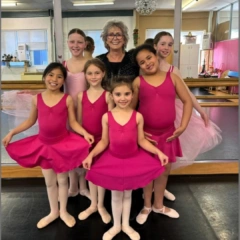
“The difficulty of it was, I went through all of that, and it didn’t work.”
Chere Diagnosed with myeloma -
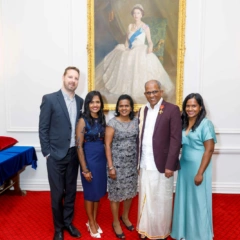
“It was very hard for my daughters. Initially, they were scared, and they couldn’t accept it.”
George Diagnosed with myeloma -
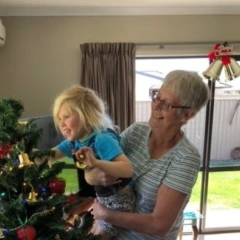
"I was so relieved because I knew once they found something, we could work with it."
Ann Diagnosed with enteropathy-associated T-cell lymphoma